Human trafficking in South Africa is a growing concern that affects thousands of vulnerable individuals, especially women and children. Traffickers use deceit, manipulation, and sometimes force to exploit victims for sexual exploitation, forced labor, and other criminal activities. As South Africans, we need to raise awareness, understand the warning signs, and take proactive steps to protect our families and communities.
What Is Human Trafficking?
Human trafficking is the illegal recruitment, transportation, or harboring of people through force, fraud, or coercion, typically for forced labor, sexual exploitation, or slavery. South Africa is both a source and a destination country for trafficking. Victims can be lured with false promises of employment, education, or a better life.
Who Are the Victims?
Traffickers often target vulnerable people, including:
- Children and teenagers
- Young women looking for jobs or modeling opportunities
- People living in poverty
- Runaways or those with unstable home environments
South Africa’s high unemployment rate, poverty, and inequality contribute to the growing number of human trafficking cases. Children going missing and never being found are often linked to this dark underworld.
Also Read | “She Was Gone in 10 Minutes”: Parys Mother’s Plea to Find Missing 5-Year-Old Keith Sithole
Common Tactics Used by Human Traffickers
Traffickers are often cunning and manipulative. They may:
- Pretend to be recruiters offering jobs in cities or overseas.
- Use social media to lure teenagers with promises of fame or love.
- Offer young girls modeling or dancing gigs that turn into sex trafficking.
- Abduct children playing unsupervised outside.
- Use older women as recruiters to gain trust, especially in rural communities.
Signs of Human Trafficking: What to Look For
Knowing the warning signs of human trafficking could save a life. Be alert to the following:
- A child or adult suddenly disappears or is cut off from family and friends.
- A person is always accompanied by someone who speaks for them and seems to be in control.
- Someone appears anxious, fearful, or submissive, especially in public places.
- A child or teenager has expensive items without explanation (e.g., a new phone, clothes).
- A person works long hours in poor conditions and is not allowed to leave the premises.
- Frequent movement to different locations with no clear reason.
If you suspect someone is a victim, do not confront the trafficker yourself. Report it immediately to the South African Police Service (SAPS) or the National Human Trafficking Hotline: 0800 222 777.
Prevention Tips for Parents
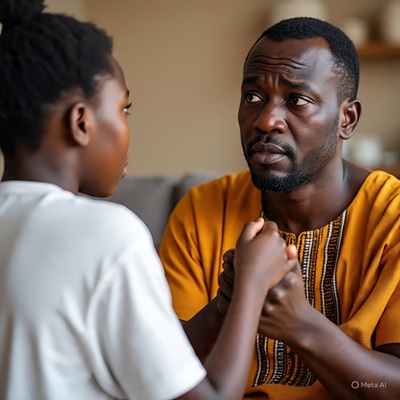
As a parent or guardian, you play a critical role in prevention. Here’s how to protect your children:
- Educate your children about human trafficking and the tactics used by traffickers.
- Monitor social media use. Know who your child is chatting with online.
- Don’t leave children unattended in public places or allow them to walk alone, especially at night.
- Teach them to never accept gifts, jobs, or lifts from strangers.
- Check up on job or travel opportunities offered to your child, especially those that seem too good to be true.
- Build trust so your child can openly share concerns or red flags without fear.
WhatsApp us stories, tips and missing Persons here
What Communities Can Do to Help
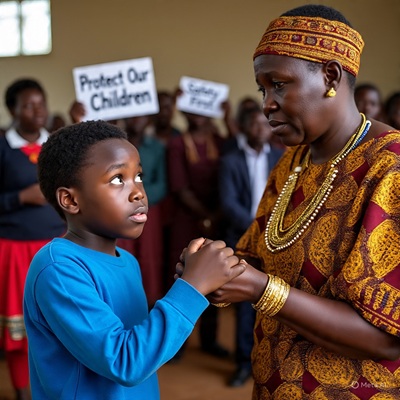
Protecting our communities starts with awareness and action:
- Host awareness campaigns at schools, churches, and community centres.
- Form neighbourhood watch groups that look out for suspicious activity.
- Encourage youth to report strangers trying to lure them.
- Share missing person alerts widely and quickly—time is critical.
- Support victim assistance programmes and shelters for survivors.
Final Thoughts
Human trafficking in South Africa is real, and it is happening closer to home than we think. Children and adults are being lured, taken, and abused—often silently. By knowing the signs of human trafficking, spreading awareness, and taking simple but effective prevention steps, we can help save lives and protect our loved ones.
If you suspect someone is in danger or has gone missing under suspicious circumstances, call the South African Police Service or the National Human Trafficking Resource Line at 0800 222 777 immediately.
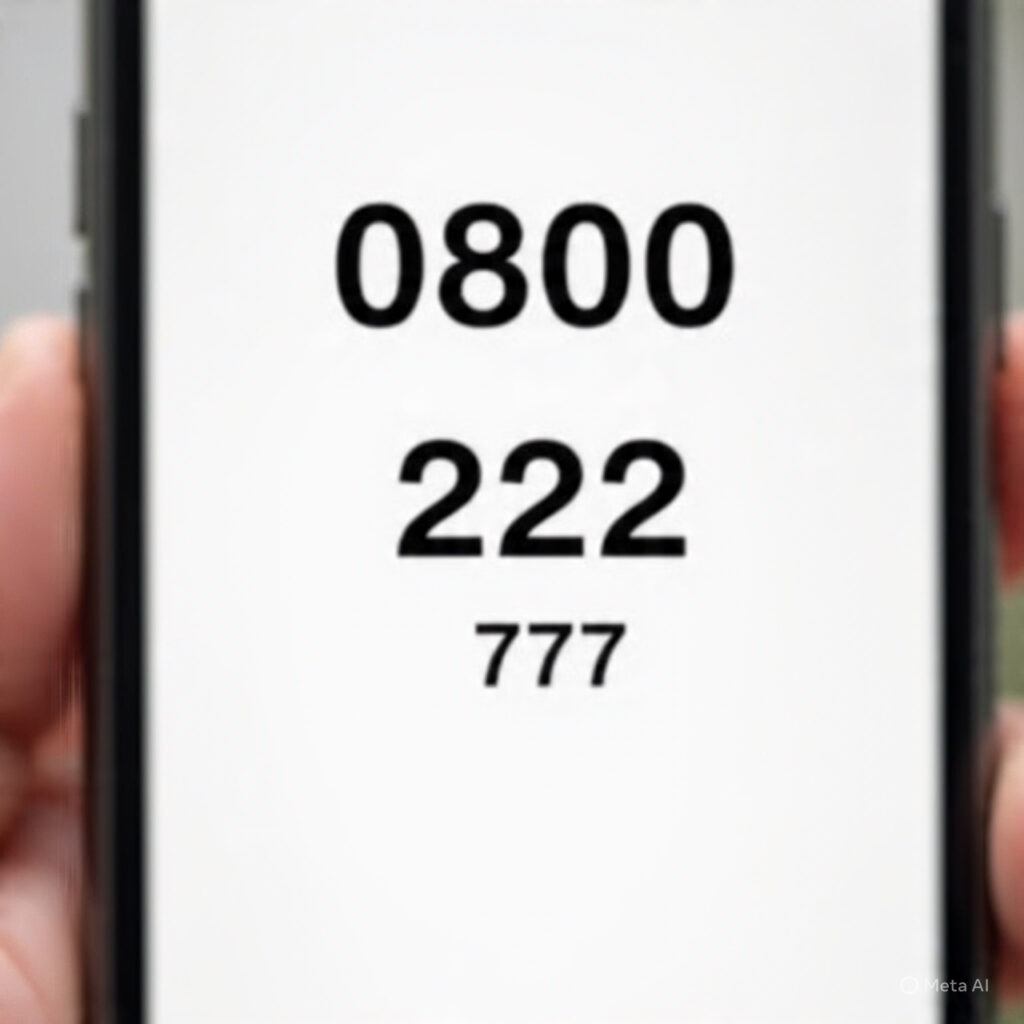
Let’s stand together as parents, teachers, pastors, and neighbours to say NO to human trafficking in South Africa. Share this article to raise awareness and protect a life today.
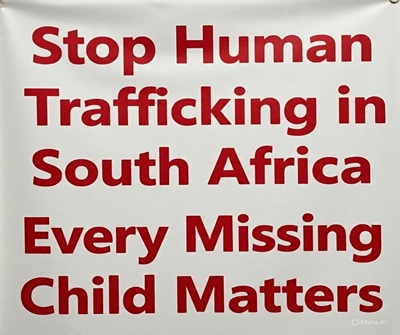



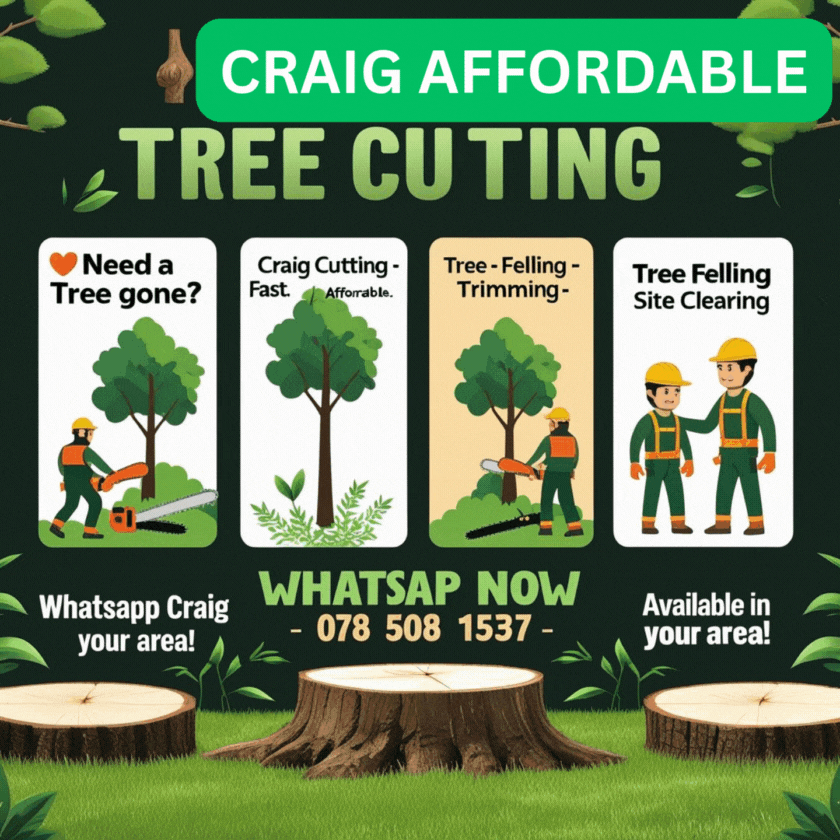
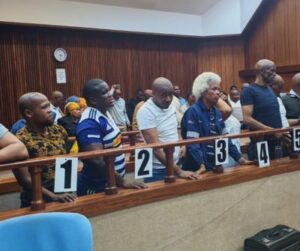
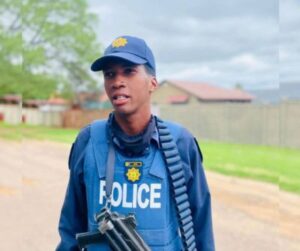

Leave a Reply